29 F. high in the Twin Cities yesterday.
24 F. average high on January 21.
6 F. high on January 21, 2014, after waking up to -13 at KMSP.
2" snow on the ground at MSP International Airport.
January 21, 1982: The Twin Cities got 21.1 inches of snow, with a total of nearly 40 inches on the ground.
January 21, 1936:
Perhaps the coldest windchill the Twin Cities has ever seen was -67 on
this day with the new windchill formula (-87 with the old formula). The
temperature was -34 with a wind speed of 20mph. All traffic in the Twin
Cities was severely hampered and a number of fatalities were caused by
the cold. (source: Twin Cities National Weather Service)
A Progressive Pattern
If
the Earth was flat I'd be out of a job. Wait, a few friends nursing
conspiracy theories are convinced NASA faked the "round Earth thing" but
I tend to believe the scientists. A spherical planet means the tropics
receive direct sunlight; the poles only get a glancing blow of warmth.
This is the primary engine that drives the weather machine; eddies and
swirls of cold air breaking off, making a mad dash toward the equator.
Most of our "weather" occurs along this atmospheric battle zone.
Last
winter polar air become perpetually stuck over North America, odd jet
stream gyrations stalling a dome of subzero air overhead week after
week, month after month. This winter I see no sign of a similar blocking
pattern. It gets cold for a few days, then it warms as steering wind
blow from the west, pumping temperate Pacific air back into Minnesota.
The
sun peeks out today; temperatures still a few degrees above average. We
should top 30F every day from Friday thru the middle of next week,
before an inevitable temperature tumble.
February kicks off with
single-digit highs, a few subzero lows, but not persistently polar for
days on end. Sunday's clipper may be a bust, too.
Surprised?
Serious Snow.
A plowable accumulation of 3-6" is possible from near Albuquerque and
Santa Fe into the Texas Panhandle, with a couple inches predicted by the
4 KM NAM just north and west of Fort Worth. Models are hinting at a mix
farther east near Little Rock. Lovely. Source: Aeris Enterprise.
An Inevitable Temperature Dip.
Models are in good agreement looking out 10 days, showing temperatures
trending above average through the end of next week, followed by a
significant cold front as we end January and sail into February. GFS
guidance suggests that daytime highs on February 2 (Groundhog Day, our
newest national holiday) may hold near zero. Source: Aeris Enterprise.
Hanging On To Relative Warmth.
Average highs now are in the low and mid 20s, so readings continue to
trend above average into the middle of next week before taking a tumble.
Models are in disagreement about the strength of the next clipper
coming in Saturday night into Sunday, but there's still a potential for a
couple inches. By the end of next week there will be no doubt in your
mind that it's still mid-winter. Source: Weatherspark.
Why The Entire U.S. Weather Satellite System Is At Risk. Here's the introduction to an article at
Popular Mechanics: "
Members
of the House Committee on Science, Space, and Technology are worried
about the future of U.S. weather satellites, which may include a gap in
coverage that could leave the U.S. without crucial satellite data for
over a year. NOAA (the National Atmospheric and Oceanic Administration)
maintains two types of satellites:
Geostationary (or GOES series), which provide continuous images of the
earth from a fixed point about 22,000 miles up, and Polar-orbiting (or
JPSS series), which circle 500 miles above the planet and provide the
images used in long-range forecasting. A legacy of mismanagement, budget
overruns, and slipping deadlines means that satellites in both programs
may well fail before their replacements are launched and become fully
functional.."
Image credit above: "
JPSS-1
is the second spacecraft within NOAA's next generation of
polar-orbiting environmental satellites- scheduled to launch in early
2017." (Photo Credit: Ball Aerospace & Technologies Corp.)
Go Figure. Figuring The Odds of Earth's Global Hot Streak. I'm all for coincidence and serendipity, but at some point you detect a trend in the numbers. This article from
AP provides some badly needed perspective on the recent run of warm years worldwide: "...
Thirteen
of the 15 the hottest years on record have occurred in the last 15
years. The odds of that being random are more than 41 trillion to 1, the
statisticians said. All 15 years from 2000 on have been among the top
20 warmest years on record. They said the odds of that are 1.5
quadrillion to 1. A quadrillion is a million billion. And then there's
the fact that the last 358 months in a row have been warmer than the
20th-century average, according to NOAA. The odds of that being random
are so high — a number with more than 100 zeros behind it — that there
is no name for that figure, Grego said."
 Map: The Fracking Boom, State By State
Map: The Fracking Boom, State By State.
Thank God there are no (economically feasible) reserves of natural gas
lurking underneath Minnesota's constellation of clean lakes and rivers.
Here's an excerpt of a story at
InsideClimate News that caught my eye: "
As
debate intensifies over oil and gas drilling, most states with
frackable reserves are already fracking—or making moves to do so in the
near future. That translates to 22 states, from California to Texas,
Michigan to West Virginia, currently employing this high-intensity form
of energy extraction, and five others may soon follow..."
Solar Is Cheaper Than Electricity From The Grid in 42 of 50 Largest U.S. Cities. We are #27!
EcoWatch has the article; here's an excerpt that caught my eye: "...
Now a new report called Going Solar in America,
prepared by the North Carolina Clean Energy Technology Center with the
support of the U.S. Department of Energy’s SunShot Initiative, shows how
the plummeting costs of going solar could already make it the more
economical choice for energy consumers in 42 of the U.S.’s 50 largest cities.
It found that in those cities, a fully financed solar system would cost
average residential consumers less than they would pay for electricity
from their current local utility. New York and Boston topped the list,
in large part because the cost of electricity from the grid is very
expensive there..."
"
Going Solar in America". The pdf report is
here.
Technology Disrupting The American Dream. Think your job can't be displaced by automation, AI or next-generation robotics? Think again. Here's a clip from
The Washington Post: "...
It’s
clear by now that the fruits of automation, computerization and
outsourcing are being reaped by the top 1 percent — in this case,
shipping companies and not drivers. The old bell curve with the middle
class bloating comfy in the middle is being replaced by what’s called
the power curve, in which something called the 80/20 rule applies: 20
percent of the participants in an online venture get 80 percent of the
rewards. Think Uber. It’s not the drivers who are getting rich.
Something new and possibly awful is happening..."

Google Is Now A More Trusted Source Of News Than The Websites It Aggregates.
Quartz has the sobering news (for traditional/legacy media); here's an excerpt: "...
Online
search engines have overtaken traditional media as the most trusted
source for general news and information, according to a global survey of
27,000 people by Edelman, a public relations firm. The data will be
presented to delegates at the World Economic Forum in Davos this week. The trust gap between traditional media and search engines is even more pronounced among millennials..."
A Treatment For Alzheimer's Might Lie In The Brains of Hibernating Bears.
VICE News has a fascinating story; here's an excerpt: "...
Chances
are that if you've been somewhere cold during the winter months you've
had to fight off the urge to curl up under the covers, imitating the
tranquil state of a hibernating bear. Well, it turns out, according to
scientists, hibernation might provide some lessons for treating the
five million Americans that suffer from Alzheimer's and other
neurodegenerative brain disorders..."
See How Much The "Perfect" Female Body Has Changed in 100 Years (It's Crazy!) Thank you Madison Avenue; here's a clip from a story at
greatist.com: "...
That
silhouette of the “ideal woman” has been put through a series of fun
house mirrors (fashion, movies, pop music, politics). It also changes
year over year, so the physical qualities we embrace today are often at
odds with those from previous generations. To prove our point, we’re
taking a closer look at body ideals over the last 100 years—which
shows that, as they say on Project Runway, “In fashion, one day you’re
in, and the next day you’re out...”
TODAY: Partly sunny. No problems. Winds: SW 10. High: 28
THURSDAY NIGHT: Partly cloudy, milder than average for late January. Low: 23
FRIDAY: Milder with clouds, few flurries. High: 37
SATURDAY: Better travel day. Sun fades, late night snow. Wake-up: 27. High: 36
SUNDAY: Early coating to a couple inches possible with slick highways. Snow tapers. Wake-up: 29. High: 31
MONDAY: Peeks of sun, light winds. Wake-up: 23. High: near 30
TUESDAY: Next clipper. Quick shot of snow. Wake-up: 24. High: 32
WEDNESDAY: Sunny start, PM flurries possible. Wake-up: 21. High: 31
* Turning substantially colder by the end of next week: single-digit highs possible by Friday and Saturday.
** Photo credit: Donna Wick Paul.
Climate Stories...
Climate Scientists Rebuff Skeptics' Arguments Against 2014 "Warmest Year" Claim. Well,
this was predictable. Push-back from contrarians, flat-Earthers and
professional climate deniers impervious to facts, data and reason - and
for some reason don't like it when they're proven wrong, again and
again. Here's an excerpt from Andrew Freedman at
Mashable: "...
NASA
and NOAA scientists say they have not changed their tune about 2014,
since the data clearly shows that it was most likely the warmest year to
date since instrument records began in 1880. Furthermore, they argue
that climate skeptics are twisting the meaning of uncertainty ranges and
making it seem like there is far less confidence in temperature data
than there actually is. Climate science debates occur every day in the
blogosphere and on cable news shows, but this particular fight about a
major temperature record (and therefore, major news story) highlights
the extent to which many boil down to mere contradiction and rejections of facts, rather than arguments based on competing lines of evidence..."
Climate Action Protects The Middle Class. Here's an excerpt from a post by Gina McCarthy, Administrator of the EPA at
Huffington Post: "...
And
when climate disasters strike -- like more frequent droughts, storms,
fires, and floods -- low-income neighborhoods and communities of color
are the hardest hit. Climate action is crucial to helping reduce
barriers to opportunity that keep people out of the middle class. That's
why EPA is taking action, delivering on a key part of President Obama's
Climate Action Plan with the first-ever carbon pollution standards
for our nation's largest source -- power plants. When we act, we
deliver the certainty companies need to drive innovation and create new
jobs..." (Image: NASA).
Image credit: NASA, NOAA.
Study Says Trees Species Will Change With Climate.
It's already happening, a slow-motion transformation as climate zones
creep northward in a warming world. Minnesota's long range forecast
calls for more oaks and maple trees. Here's the intro to a story at
Duluth News Tribune: "
Minnesota’s
northern forests will look much different in coming decades as a
warming climate encourages tree species like oaks and maples and pushes
others, including spruce and fir, out of the region. That was the
finding of a University of Minnesota study published this week in the
journal Nature Climate Change that used growing plots near Cloquet and
Ely and added the amount of warmth expected later this century..."
Romney Says He's Still Mulling 2016 Presidential Run. And it appears that Mr. Romney has shifted his stance on climate change, as reported by
The Des Moines Register;
here's an excerpt: "...Romney, though, kept his focus on the issues. He
said that while he hopes the skeptics about global climate change are
right, he believes it's real and a major problem. He said it's not
enough for Americans to keep their own carbon emissions in check when
much of the rise in greenhouse gases globally is coming from countries
such as China and India..."
Obama Toughens Up On Climate. President Obama is making action on climate change one of the centerpieces of his second term, as reported at
The Hill: "...
In
November, the Environmental Protection Agency (EPA) moved on a
long-awaited update to ozone pollution standards, which cut the
allowable threshold for the ground-level smog to between 60 parts per
million and 75 parts per million. And over the last six weeks the
administration has floated guidelines for federal agencies to weigh
climate change impacts when reviewing energy and infrastructure
projects, and released first-ever regulations on methane emissions from
industrial sources..."
2014 Record Breaking Heat Is Bad For Business. Here's a clip from an Op-Ed at
Forbes that caught my eye: "...
The World Economic Forum’s Global Risks report
shows that leaders increasingly see these phenomena as a major drag on
their bottom lines, ranking severe weather events and water crises among
the top 10 likeliest global risks, and the risks expected to have the
most impact in 2015. Neeraj Sahai, president of Standard & Poor’s
Ratings Services, put it this way in Fortune magazine: “The investment community – along with regulators – has woken up to this threat..."
Pope Has U.S. Climate Naysayers In An Uproar. Here's an excerpt from an AP story at
The Star Tribune: "...
He
said global warming was “mostly” man-made. And he said he wanted his
encyclical out in plenty of time to be absorbed before the next round
of U.N. climate change talks in Paris in November. “I don’t know if it
[human activity] is the only cause, but mostly, in great part, it is man
who has slapped nature in the face,” Francis said. “We have in a sense
taken over nature...”
Photo credit: AP Photo/Giuseppe Cacace, pool.
Why Do Religious People of Color Care So Much About Climate Change?
Climate change will become one of the most pressing civil rights issues
of the 21st century. Because those with the least will be the first to
be impacted.
Deseret News has the story - here's a clip: "...
Contrary
to the prevailing perception that climate change is primarily a cause
for upper-middle-class, highly educated white liberals, a 2014 survey
from the Public Religion Research Institute shows the highest levels of
concern for the issue can be found among black Protestants like the
Rev. Keys, as well as Hispanic Catholics. Compared with 50 percent of
all Americans, 73 percent of Hispanic Catholics and 58 percent of black
Protestants said they were "very concerned" or "somewhat concerned"
about climate change..."
"It Is Profitable To Let The World Go To Hell".
Can capitalism, free-market forces, eventually deal with climate change
and increasing weather (and water) volatility? Once we find a way to
put a price on carbon I want to believe that this is possible. There's
little doubt in my mind that our grandkids will be dealing with
something closer to "sustainable capitalism". How do we grow economies,
consume energy and keep the lights on with minimal impact on the
environment? Here's a clip from
The Guardian: "...
The professor of climate strategy at the Norwegian Business School has been pretty close to giving up his struggle to wake us up to our unsustainable ways, and in 2004 published a pessimistic update
of his 1972 report showing the predictions made at the time are turning
out to be largely accurate. What he cannot bear is how politicians of
all persuasions have failed to act even as the scientific evidence of
climate change mounts up, and as a result he has largely lost faith in
the democratic process to handle complex issues..."
Is The Climate Movement At A Tipping Point? EcoWatch has the story; here's the intro: "
Is the climate movement
at a political tipping point? Could right now, 2015, be that moment in
history, be something akin to the 1964-1965 period for the civil rights
movement? Those were the years that two major pieces of legislation, the
Civil Rights Act and the Voting Rights Act, ended legal segregation in
the South and opened the way for a whole series of positive social,
cultural and political changes in the U.S. in the years since..."
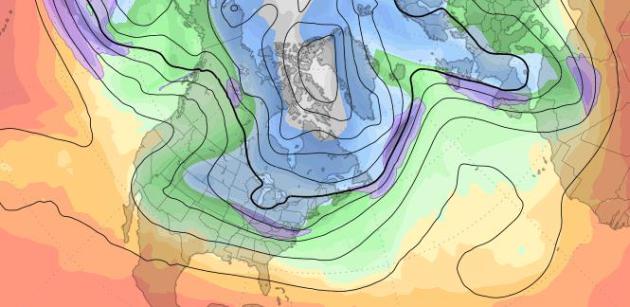
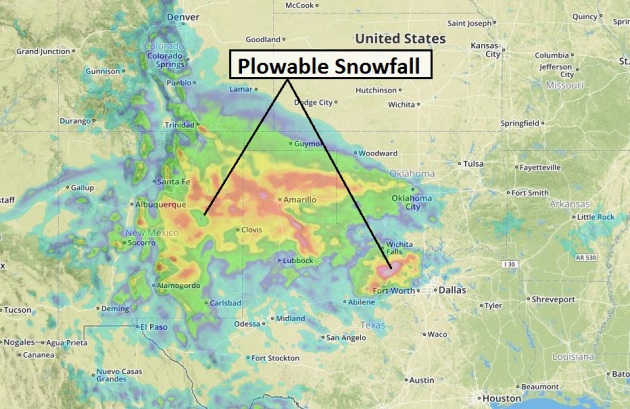

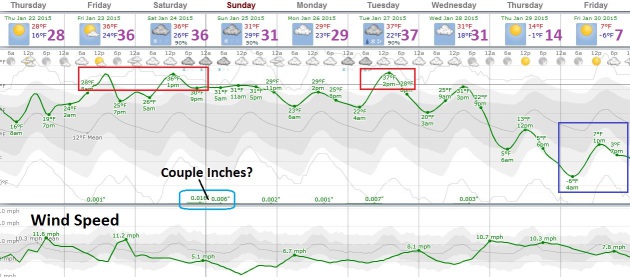
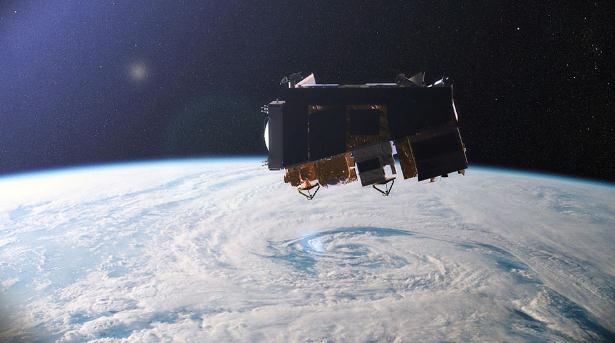
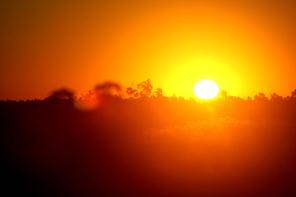

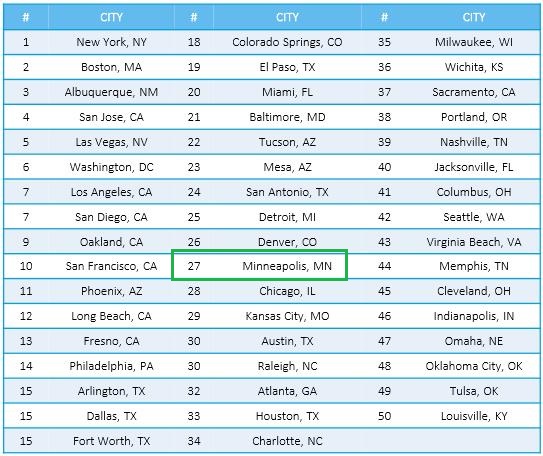
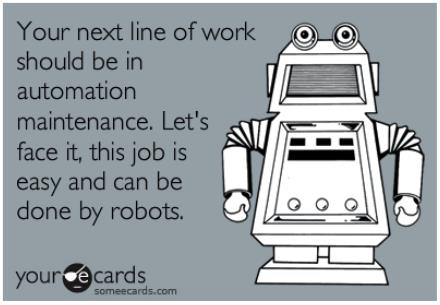
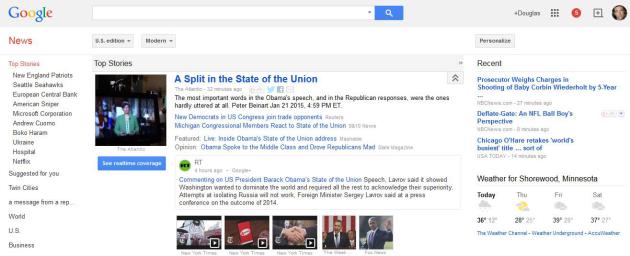
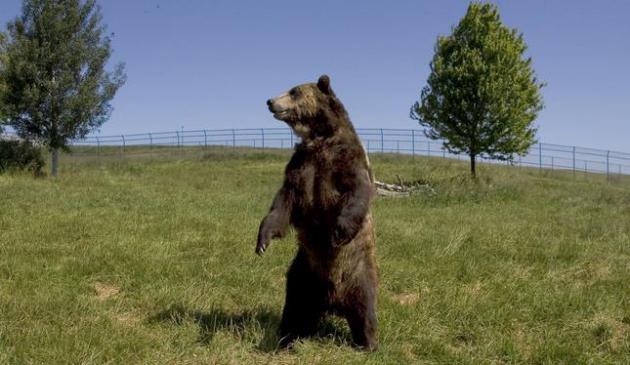

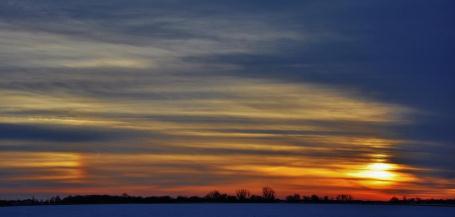
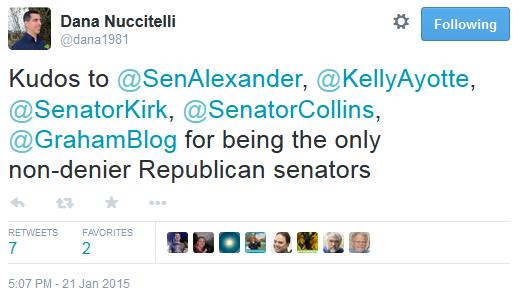
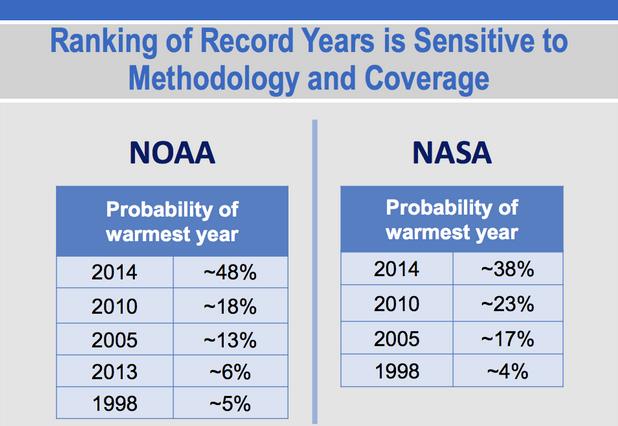
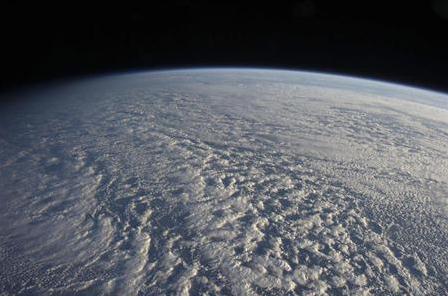
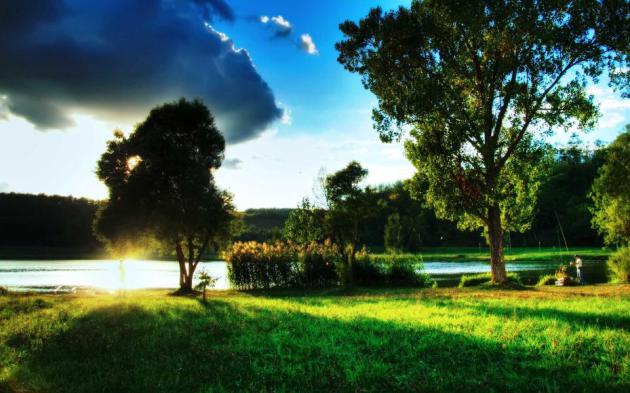
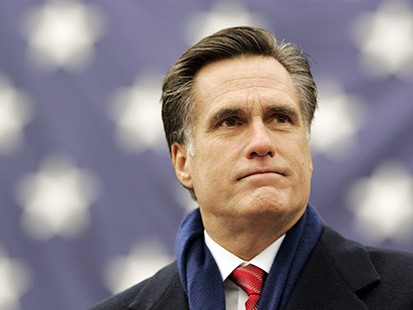
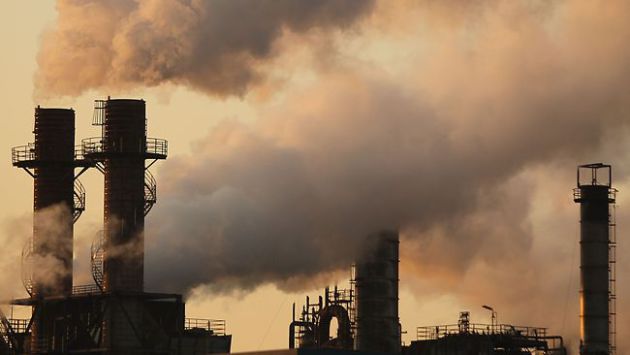
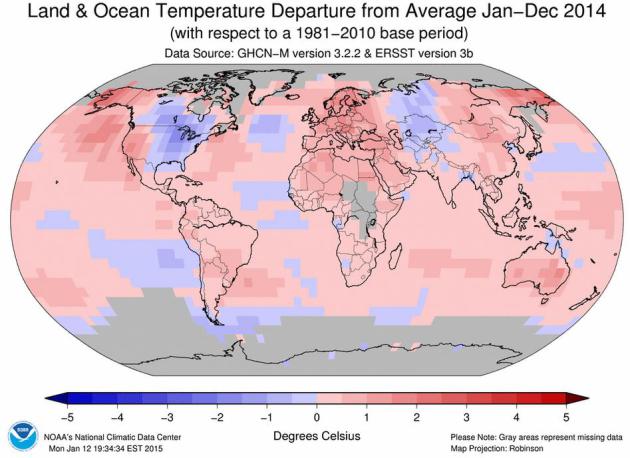
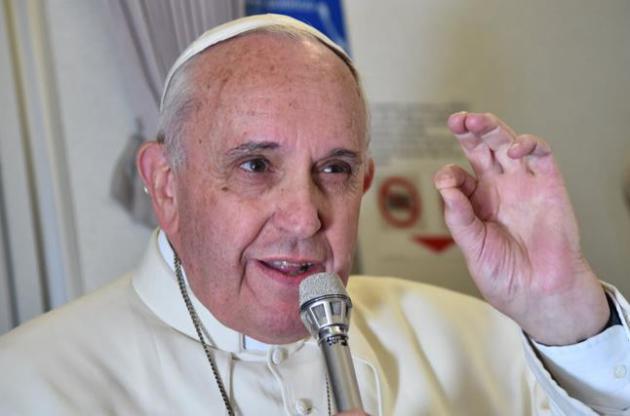
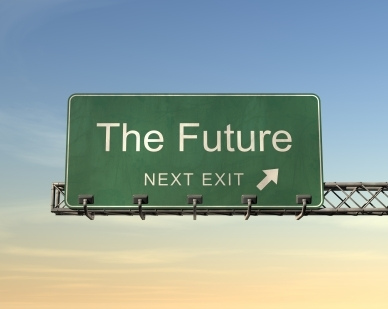
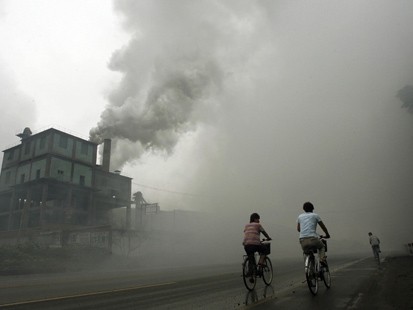
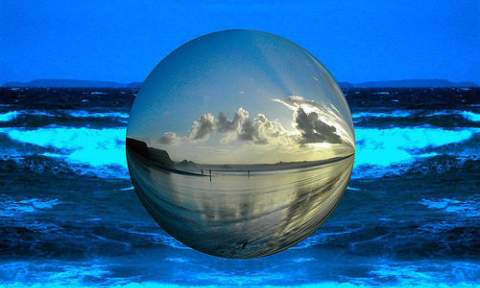
No comments:
Post a Comment